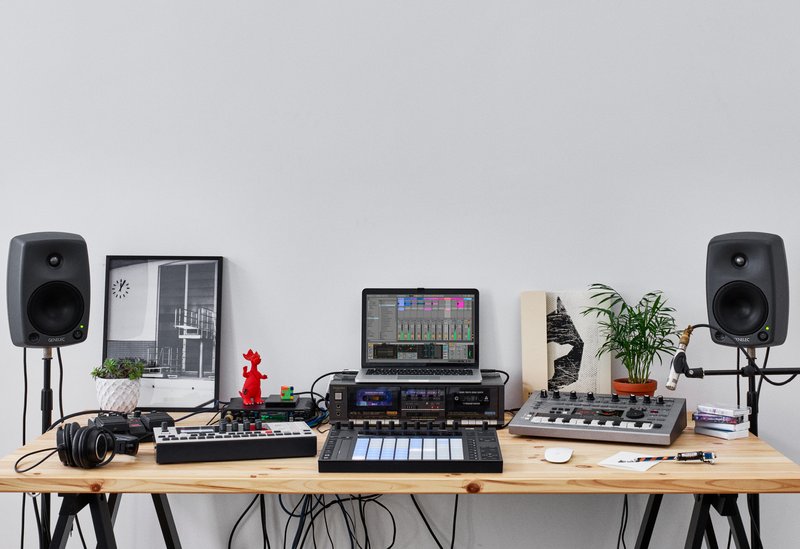
There is one question that has been floating around the internet for an age, and people debate it over and over again -- that is: what's the best Ableton Live warp mode for DJs using Ableton Live?
Interestingly, Ableton Live has had many releases, even a warp engine revamp, but those efforts just can't seem to clear up the burning question!
So, what is the best warp mode in Ableton Live for every DJ? Is it even possible to answer this question? I'm going to try!
The big three warp modes (Repitch, Beats or Complex/Complex Pro) for full tracks in DJ music collections
Repitch - As a sound nerd, Repitch holds the most appeal to me for djing with Ableton Live. It always seems to be the cleanest as it doesn't add anything to the audio or take away sound quality. But the downside is that it behaves like a turntable, the more you speed up the track the higher the pitch of the music goes, and vice versa. Also, if you're involved in heavily warping a track, with lots of activity within one bar, it'll sound terrible on playback with pitch jumps up and down wherever there are large concentrations of warp markers.
Complex/Complex Pro - If you're planning on playing a range of tempos in your set, i.e. different genres that require tempo jumps, then these could be your warp modes. Although, there are notable drawbacks in sound quality, which can be muddied a little in each mode. That said, adding something to your master output to warm the sound and even draw out lost frequencies can be helpful. But given the vast differences in genre styles, it's not a one fix for all.
Beats - Is like the complexes' opposite number. Like the complexes, it works with a wide range of tempos without affecting the overall pitch of a track. However, it differs in that when it's used with more complex, melodic tracks, it seems to add elements to the sound. However, as a trade-off it doesn't appear to muddy the sound as much as the complexes.
A summary of my key findings of aspects of each mode
| Positives | Negatives | Complex Music | Minimal Music | Wide tempo range | |
| Repitch | Nearest to clean sound quality, no sounds added | Pitch changes with tempo change | Yes | Yes | No |
| Complex/Complex Pro | Pitch remains the same, no sounds added | Can muddy the sound quality | Yes | Yes | Yes |
| Beats | Pitch remains the same, seems to muddy the sound less than the complexes | Adds sounds to more complex music | No | Yes | Yes |
So, go on then, what's the best warp mode for DJs?
If there was to be only one warp mode, then the all-round winner for me will always be Repitch. I obsess over sound quality, and that means that there can really only be one warp mode. However, it's limitations on the pitch movements with tempo is restrictive. As that would mean that your set can't have tracks that need to be heavily warped, i.e. original disco, rock, etc. (unless they have been time edited, but that's a whole different post). But, it also means that your set can't include tracks with tempos that range too wildly either.
So preferences aside, and you must know what's coming here, and surely you're not going to like it... but, it's definitely a mixture of all three modes! Take Dubstep or DnB for example: both come with heavy and often very prominent basslines, now play it through one of the complexes and then play it through beats or Repitch and notice the effects on the sound of the bassline! Complex almost always strips all of the fun out of the bassline in these genres, but Repitch doesn't. Take a heavily warped disco track and play that in Repitch mode, and then marvel at the damage you've caused to the sound - but switch to complex or complex pro and those pitch shifts will suddenly disappear.
So here's my answer: why not apply a track by track approach to setting warp modes for your tracks.

